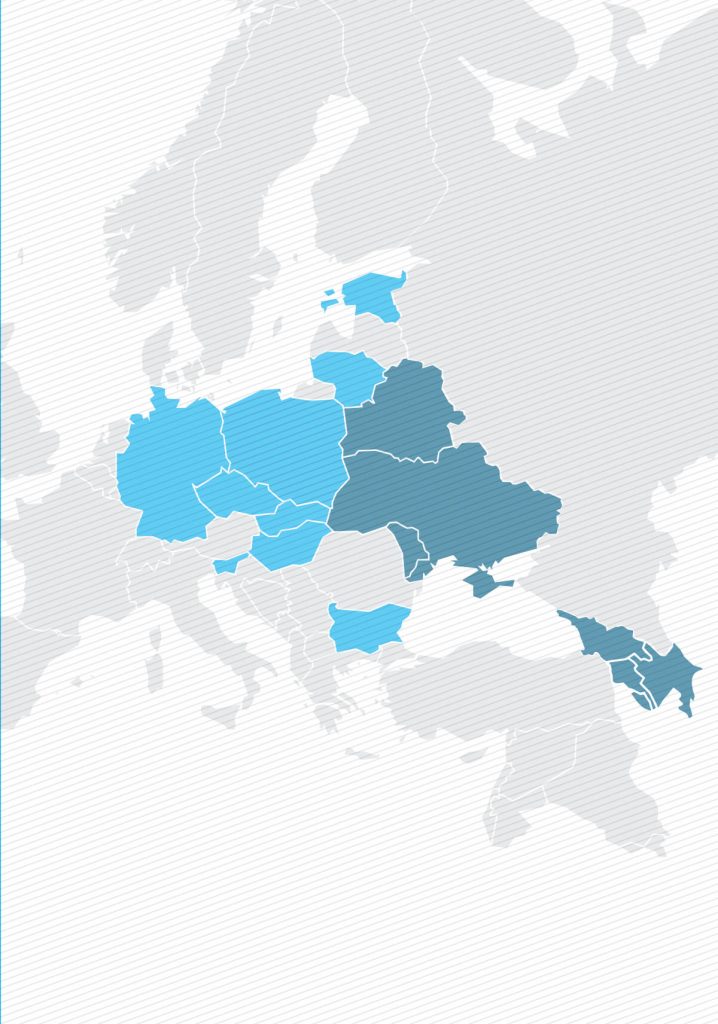
Backroom Politics Does Not Work Anymore
BY
Tomasz Kaniecki / November 7, 2014
At the beginning the TTIP was received positively almost everywhere, but now many issues have stirred up the negative attitudes that result in attempts to make the TTIP seem unaccountable and undemocratic. Recently, the question \"Is the European Commission doing its best to keep the greatest possible transparency?\" has been gaining ground.









